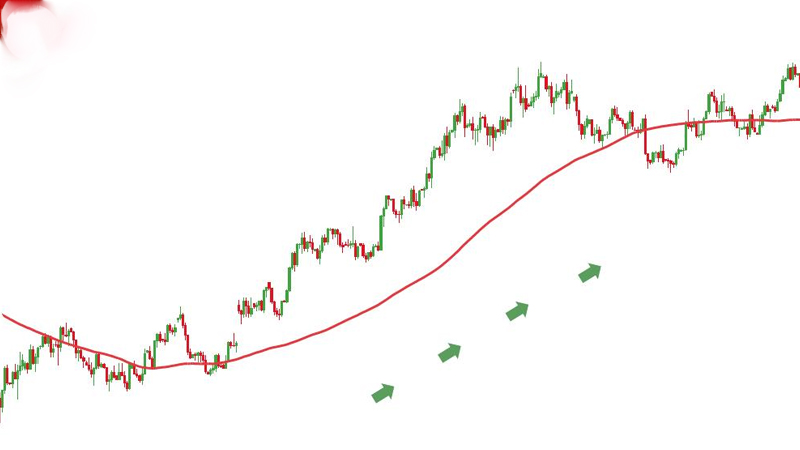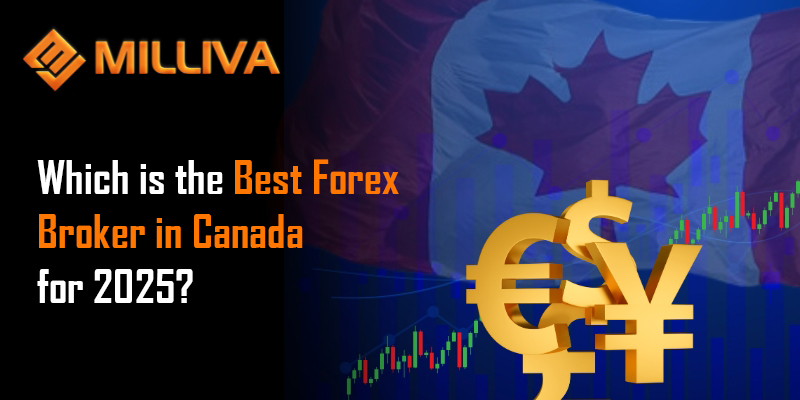Speculation in Foreign Exchange Market

![]()
Speculation Currency Market
In the world of finance, speculation in foreign exchange market, often known as speculative trading. It refers to the act of engaging in a financial transaction. That has a considerable risk of losing value while also promising a huge gain or other major benefit.
With speculation, the danger of losing money is more than compensates. By the prospect of making a large profit or receiving other compensation.
A speculative investment buyer is likely to be concerned about price swings. While the investment carries a high level of risk. The investor is usually more concerned with making a profit based on market value movements than with long-term investing.
Currency speculation in foreign exchange market is when speculative investing involves the purchase of a foreign currency. An investor purchases a currency with the intention of eventually selling it at a higher price.
As opposed to purchasing a currency to pay for an import or to fund a foreign investment.
There would be little incentive to speculate if there are no large rewards to be made. It can be difficult to discern between speculation and basic investment at times.
This is causing market participants to assess whether speculation or investment is determined by criteria such as the asset’s composition. Estimated holding length, and/or leverage applied to the exposure.
The Process of Speculative Trading
When purchasing property with the goal of renting it out. Real estate can blur the line between investment and currency speculation. Purchasing many condominiums with low down payments with the intention of reselling them soon. Its for a profit would surely be consider speculation.
Speculators can help manufacturers hedge price risk by providing market liquidity and narrowing the bid-ask spread. By betting against favourable outcomes. Speculative short-selling may help keep unbridled bullishness in check and prevent asset price bubbles from forming.
Hedge funds and mutual funds frequently speculate on foreign currency markets, as well as bond and stock markets.

Speculation in Forex Market
With an estimated $6.6 trillion changing hands between buyers and sellers every day. Forex markets have the biggest total volume and dollar value in the world. This market operates 24 hours a day, 7 days a week. And positions and reverse in seconds using high-speed electronic trading systems.
Spot deals to purchase and sell currency pairings. Such as EUR/USD (Euro-US Dollar), for delivery via options or simple exchange are common in transactions. Asset managers and hedge funds with multibillion-dollar holdings dominate this market. Typical hedging methods, in which a firm or financial institution buys or sells a currency to hedge against market swings, can be difficult to distinguish from forex currency speculation.
A selling of foreign currency in connection with the acquisition of a bond, for example, might be regard as either a hedge of the bond’s value or common speculation. If the currency position is acquire and sold several times while the fund owns the underlying bond, these relationships can become difficult to establish.
The Bond Market and Speculation
The global bond market is worth more than $100 trillion, with about $40 trillion based in the United States, and these assets could include debt issued by governments and international enterprises. Interest rate movements, as well as political and economic uncertainty, can have a significant impact on asset prices.
The world’s largest single market trades US Treasury bonds, with prices influenced by widespread speculation.

Visit us : www.milliva.com





